After eight years and three delays, Cyberpunk 2077 came out. CD Projekt RED’s second game after The Witcher 3 was meant to showcase a new, next-generation open world in a city like no other, with roleplaying and action mechanics designed to do far more than just impress. Instead we got one of the best locations any studio has yet produced, marred by dated systems, bugs, and design and narrative choices that confuse more than they delight.
When Cyberpunk works, it works better than any open-world game I’ve ever played, and it should be commended for blending so many different elements so seamlessly. Unfortunately it’s clunky, disorienting, and frustratingly out of touch with current design trends when it doesn’t work.
Perhaps the biggest area of contention is the incongruity between the systems of the game and its narrative. Making money, building a character, questing, exploration — all can be at odds with the moment-to-moment storytelling and certainly conflict with the main campaign’s tone.
It’s a difficult game to review not because of what’s in it but what surrounded it before release. There was no way for Cyberpunk 2077 to live up to eight years of sky-high expectations. And thanks to a rocky, abusive development cycle, corners had to be cut to meet unreasonable deadlines.
Make no mistake: this is a game you should play if only for the grandness of its world and the human stories hidden everywhere. It’s also a cautionary tale about the threats facing development at this scale and how hype can never match reality.
Cyberpunk 2077 Review: The Dark, Broken Future
Night City is a triumph. It stands side by side with the best open worlds ever created and puts many of those to shame as well. It’s a place that feels alive not because of the people in it, or the activities players can participate in, but because so much care went into every corner of its construction.
You learn something about the city, its history, the way its people live, its past, and more everywhere you go. The environments are as varied as their aesthetics, and there are stories in every market, every trash heap, every alleyway.
It’s also clearly a cyberpunk city, one we should want to avoid creating at all costs. A two-minute drive is all that separates the massively wealthy and powerful from the worst slums you can imagine. Beyond Night City’s borders lies a wasteland where people get by on the scraps it throws out, a place of hardship and grit. Nonetheless, the people there take pride in their lives despite the troubles of their existence.
Night City is also one of the most beautiful metropolises gaming has yet produced. Looking out of the player character V’s apartment window, no matter the hour is an unmatched feast for the eyes.
Neons mix with hard polygonal shapes and rough-hewn stone sidewalks. The unfinished paradise of Pacifica glows with the dying embers of what it could have been. Little China and Japantown are alive with the imagery and color of their respective cultures. The vast Badlands, though a relatively empty desert, nevertheless shimmer in the summer heat.
Unfortunately, actually moving about Night City and interacting with its many denizens could is incredibly jarring. There’s no attention to little details that places like Grand Theft Auto V’s Los Santos take for granted. Civilians have a single line of potential dialogue if that. Traffic piles up at the slightest provocation and pedestrians seem unfazed by walking in circles endlessly if their AI so much as touches a small ledge. And that’s just what you’ll see on a regular basis.
Cyberpunk also suffers from icon bloat. Not even ten hours into the experience, your map will be awash in optional side missions and random encounters. Zooming in to see where you want to go serves only to highlight how densely packed much of the content is. Most of said content has little substance.
Side jobs, called “gigs,” have you going to a location to complete some objective, but this almost always involves taking down the same three or four enemy types ad infinitum then collecting an item from either their bodies or the arena.
Repeatable world encounters are even less interesting, as there’s no narrative reason to complete them beyond “fighting crime” for credibility. In The Witcher 3, you were clearing out bandit camps, bringing people back to their homes, or removing a threat of monsters from the world. In Cyberpunk, you’re…cleaning up the streets? Not really the highest calling for a merc wanting to go down as a legend.
Even some of the main campaign mission spaces come up short. Though they’re all well-designed, they rarely showcase the strengths of the environment where they take place. Said missions usually rely on set-pieces anyway, so the environmental storytelling isn’t as high on the list of priorities.
Thankfully, there are no radio towers to reveal more of the map or unlock additional activities, and the world fills up over time as you play. Shotgun the main story, however, and you’ll be left with a map bursting with things to do, few of them particularly engaging.
People of Night City
Let’s put aside the incidental characters and their wonky AI and focus on some stars of Cyberpunk 2077: primary NPCs. The elephant in the room is, of course, Johnny Silverhand as portrayed by Keanu Reeves.
Johnny is, in a word, a giant dick. He’s immature, self-centered, arrogant, dismissive, and abrasive. What he wants and what he does are one and the same, or it would be if he didn’t exist solely inside the main character’s head. V’s relationship with him, especially at the start, is particularly strained as the two strong personalities clash over what’s best for them and their future.
However, as the story progresses, and especially if you complete Johnny’s long questline, you’ll see the strong writing you expect from the best of CD Projekt RED. Cockiness becomes disillusionment. Selfishness becomes regret. Narcissism becomes genuine worry.
There’s a moment in the middle of Johnny’s quest where he has to come to terms with the one thing all of us share and that, by some wicked grace, he’s managed to sidestep. Their quiet moment in an oil field is a turning point in the relationship between Johnny and V because the rockerboy finally has to reckon with death and legacy.
The various other characters you meet and grow close to also go through strong, well-constructed narrative arcs. You’ll see the best of these in the various romance options available. Still, even if the relationship remains platonic, you can form lasting bonds with people from all walks of life, all of them wanting to be a part of the machine that is Night City, and to change it somehow, even if all they can manage is a little.
Legacy is ultimately the core theme of every major story in Cyberpunk 2077. Whether that’s remembering your long-forgotten home, the fear you inspire in people, the hope you gave them, or the fond memories you leave behind, everything characters do serves some goal they’ve long held.
Night City itself is built on the ideas of legacy. It’s a city of dreams where you can become a legend in your own right, someone who changed the world or at least made a lasting impact. Whether your allies want to leave a big mark or a small one, they know their best chance is right here. All they need to do is reach out and take it.
System Shutdown
If the city and side characters are the main attractions in Cyberpunk 2077, it’s main campaign and systems are the vectors by which you unlock and experience them. The trouble is, both lack the punch to make a lasting impact on the player.
The main campaign, for an open-world RPG of this kind, is disappointingly short. If you do nothing but focus on the main storyline, you might eke out 20 hours of content. Fast travel a lot and eschew any side content, that number dwindles to almost 15 hours.
Cramming the story into so small a space creates serious pacing issues, and at several points, the narrative either comes to a screeching halt or sprints too fast to properly work out its beats. The resolution of some of the conflicts has little emotional payoff because everything done to get to that resolution happened in a couple of hours of in-game time, and none of it can reach a proper conclusion in such a short span.
The late game is especially guilty of poor pacing. The number of times when I expected a story to open up, to branch out, to let amazing ideas take me on a five-hour journey to some strange and amazing place, I was in and out in less than an hour.
I’m reminded somewhat of the latter half of the original Dark Souls. Suddenly a mysterious, interconnected world gave way to four linear and comparatively uninteresting areas with lackluster bosses at their end. We know now this was due to development time constraints, and how developers needed to cut corners and rush their designs to meet deadlines.
Cyberpunk’s later sections seem to have fallen victim to a similar scenario. There’s so much opportunity for the exploration of some of the coolest places in gaming that go completely uninvestigated or are so woefully underdone that it seems to have just come down to timing.
The interplay between the game’s systems and storytelling is another victim, too, I think. The core loop is: go to place, shoot or otherwise deal with enemies, pick up item, talk to people (sometimes), leave. This is such an issue that the story-centric missions are a welcome relief from the monotony of the endless gunfights.
Then there’s the loot system. Every enemy drops a weapon, and you can loot their bodies for random items, as well. The vast majority of the items you find are trash whose only purpose is selling or dismantling into crafting materials. You can sell anything to anyone, and crafting has no additional animation. You press a button and, if you have the materials, you create the item.
V becomes, in that sense, a merchant of death, making their fortune not through daring heists or impossible action but by killing everything they see and taking their stuff.
It’s not that different from The Witcher 3, but the problem there is, why didn’t this system evolve at all? Why isn’t there a way to make money selling stolen cars, putting together a crew, and robbing a big place? Why can’t you raid the various corporation towers for high-tier loot and get out, spreading your story to the masses?
That’s not even discussing some of the systems present in The Witcher 3 that didn’t make their way into Cyberpunk. The number of times I picked up an NPC in an expensive car — one I had no right owning — and wanting them to comment on it are too many to count. There isn’t additional dialogue for many major NPCs either, depending on how famous you are when you meet them.
NPCs you meet late into your career to the top should have something to say about who you are and the legend you’ve built. Some of the incidentals do, granted, but the major characters, romance options or not, consider you just another street rat no matter how much of a name you’ve made for yourself.
In summary, Cyberpunk 2077 is, from a mechanical perspective, either a sidestep or a step back from The Witcher 3. It evolves few if any of the mechanics, UI elements, or systems from that game, and the ones it does add don’t move the genre forward in any meaningful way. The writing is strong or stronger than it’s ever been, but only in places. Given the circumstances developers were in making the game, it makes sense.
The Human Cost
Eight years. That’s how long we’ve known about Cyberpunk 2077, and everyone expected eight years of quality control, dedication, and care. While we probably saw that many man-hours put into the game, it was likely smashed into less than four years.
The last Witcher 3 DLC released in 2016. Cyberpunk probably didn’t enter full development until after Blood and Wine came out. Games as expansive as this one, with all the details and technical requirements, need a lot of time to get right. However, no one should be forced to work extensive and abusively long workdays to ensure those details are addressed.
We know that developers at CD Projekt RED worked to the bone, to the point of exhaustion, then asked to keep going. Mandatory six-day weeks under the expectation, I wager, that all six days were ten to fourteen hour work periods. The multiple delays only made the issue worse.
We expected Cyberpunk 2077 in April of 2020. Then it became September. Then December. That’s eight months where developers likely spent close to a hundred hours a week working on the game at the expense of their families, social lives, and personal health. The thought is unconscionable. No one, no matter how skilled or passionate, should be forced to do something like that.
Sure, crunch happens in any workplace. Sometimes you work long hours because that week just sucks. However, I don’t know of many other industries that call for 80-100 hour weeks for months or years at a time. Yet here in video game land, it’s all but expected for big releases like Cyberpunk.
The thought disgusts me, but I am more disgusted by being lied to. I didn’t review this game on a console, next-gen, or otherwise, but what I was promised and what I got were two different things. Console players are even less lucky, and may as well have received a polished rock instead of a disk.
Consumers saw nothing of the PS4 and Xbox One versions of the game before release, and they were broken as all get out. I hear PS5 and Series X|S weren’t much better. Even PC needed immediate patching for the game to be playable, and I can only imagine the difficulty for those reviewers who weren’t given the day one patch.
Comparisons to No Man’s Sky and Fallout 76 aren’t unfounded in this case. Granted, neither of those two messes came with hours and hours of well-written content. In fact, they came with nothing approaching it. But both set a precedent for what not to do with your game’s release.
Now, both Hello Games and Bethesda spent years retooling and improving on their initial failures, and both titles are now reaching the potential of their initial promise. I have no doubt Cyberpunk 2077 will do the same, as CD Project RED promised two big patches in January and February. The Witcher 3 had similar growing pains and only got better with time.
Cyberpunk 2077 Review — The Bottom Line
Pros
- One of the best open worlds ever created
- Amazing writing in some of the main missions and many side ones
- An aesthetic and visual experience few other games can match
Cons
- Many, many bugs and AI glitches
- Rushed main story and narrative inconsistencies
- Lack of innovation in mechanics
There is a lot of room to grow and improve for Cyberpunk, and I have no doubt it will. Despite all the issues, I had a ton of fun playing it and am looking forward to going through it again with new goals in mind for builds and gameplay decisions. This is likely due to my playing on PC, where it seems the majority of the effort went.
There’s no denying a real gem exists somewhere beneath the bugs and odd choices, and when DLC eventually makes its way to Night City, I know things will get so much better.
Add in the major patch fixes we’re likely to see in 2021 and the continuing support once the multiplayer component releases, I have some faith Cyberpunk 2077 will become one of the best games around. It’s just a shame so much of it had to be at the expense of initial quality and human cost.
[Note: CD Projekt RED provided the copy of Cyberpunk 2077 used for this review.]


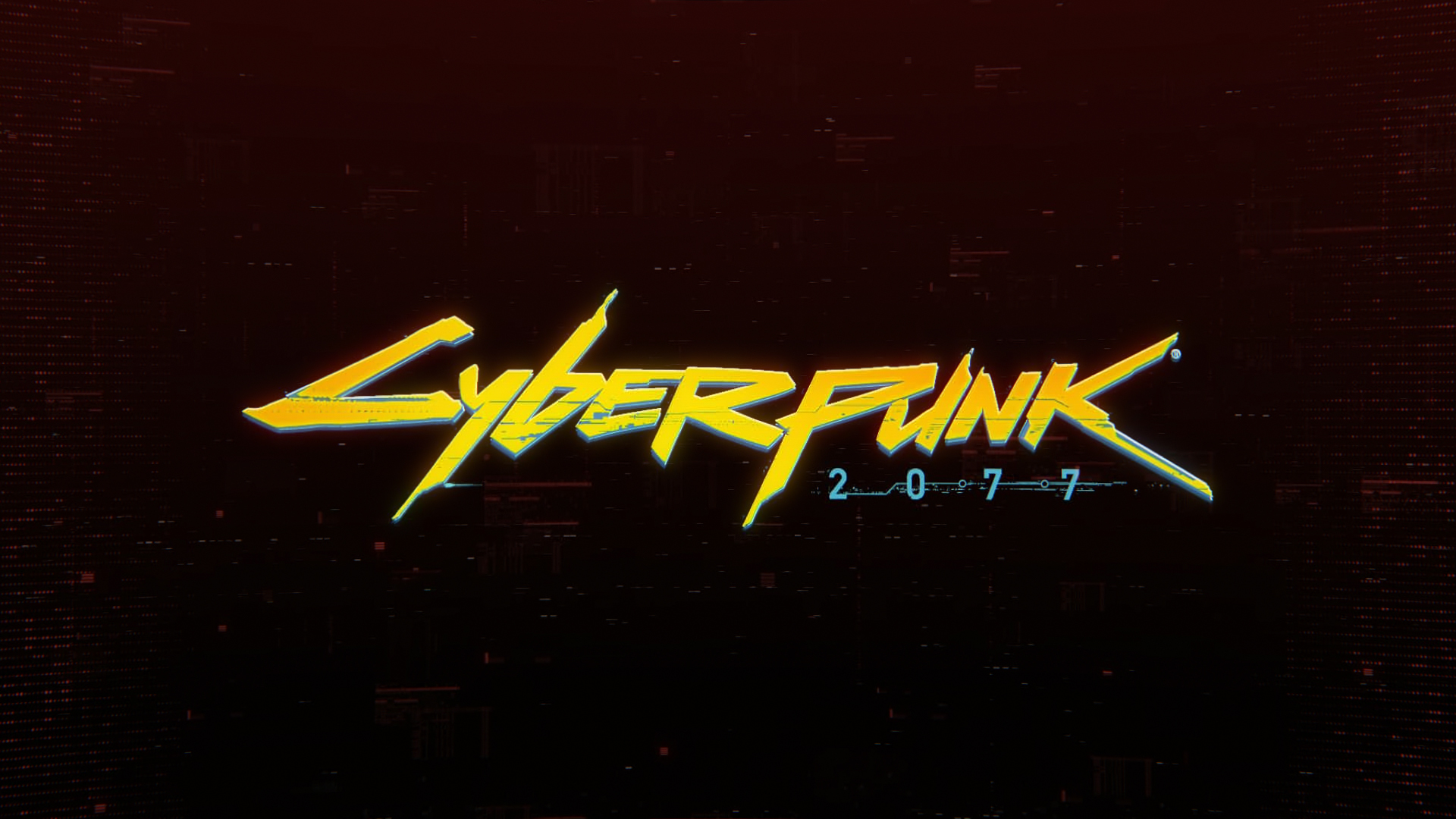
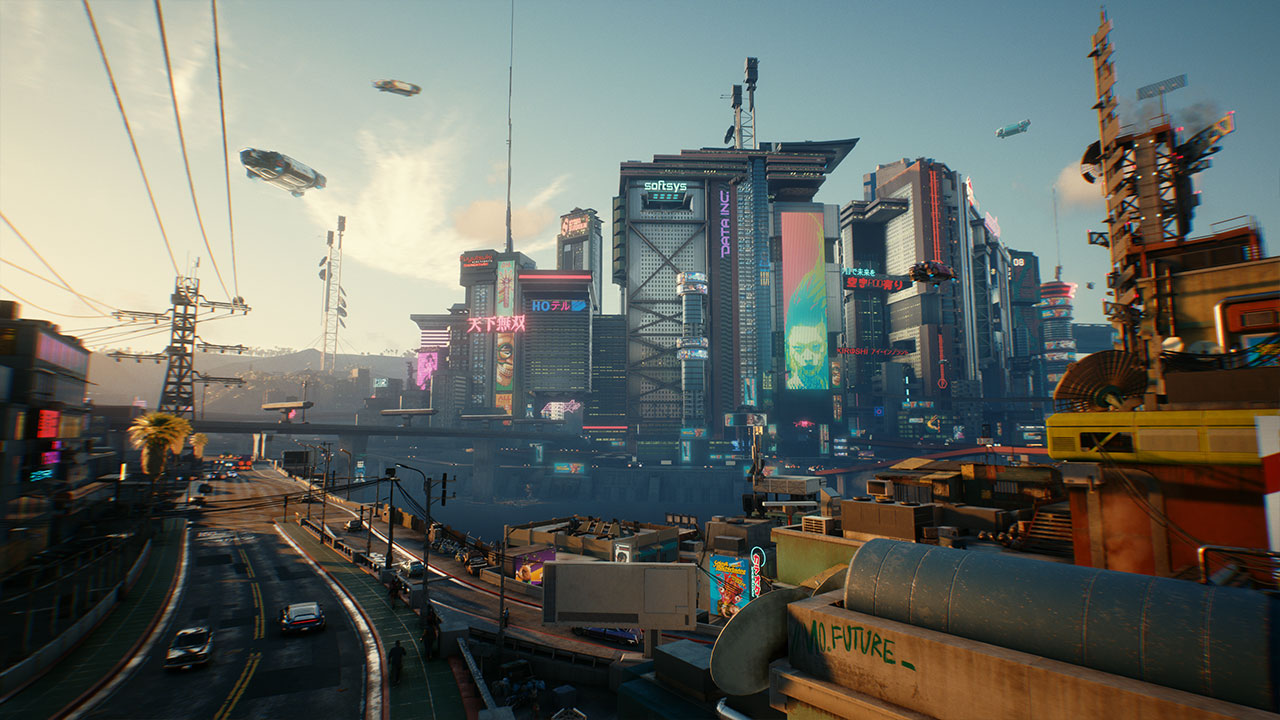
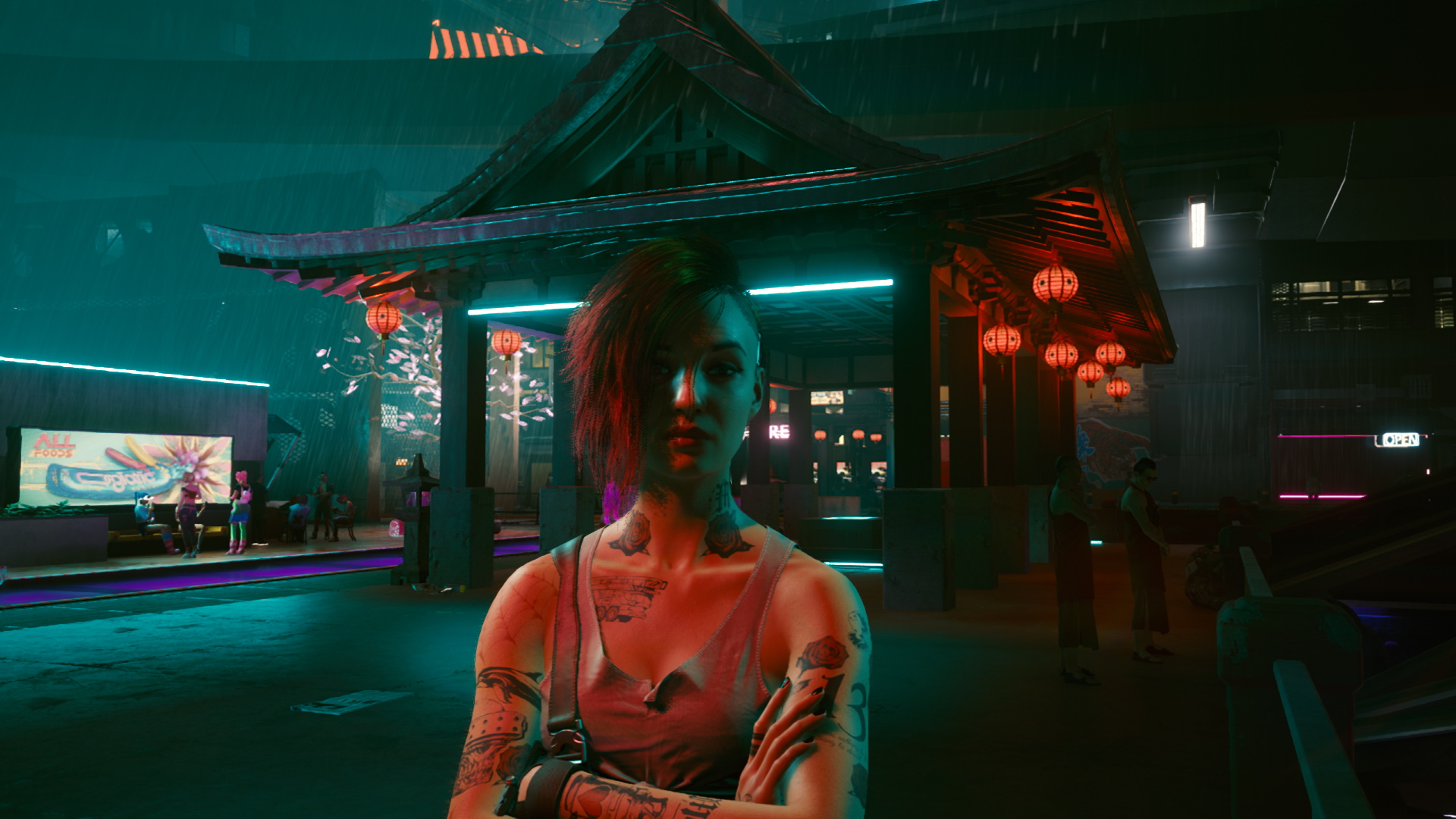
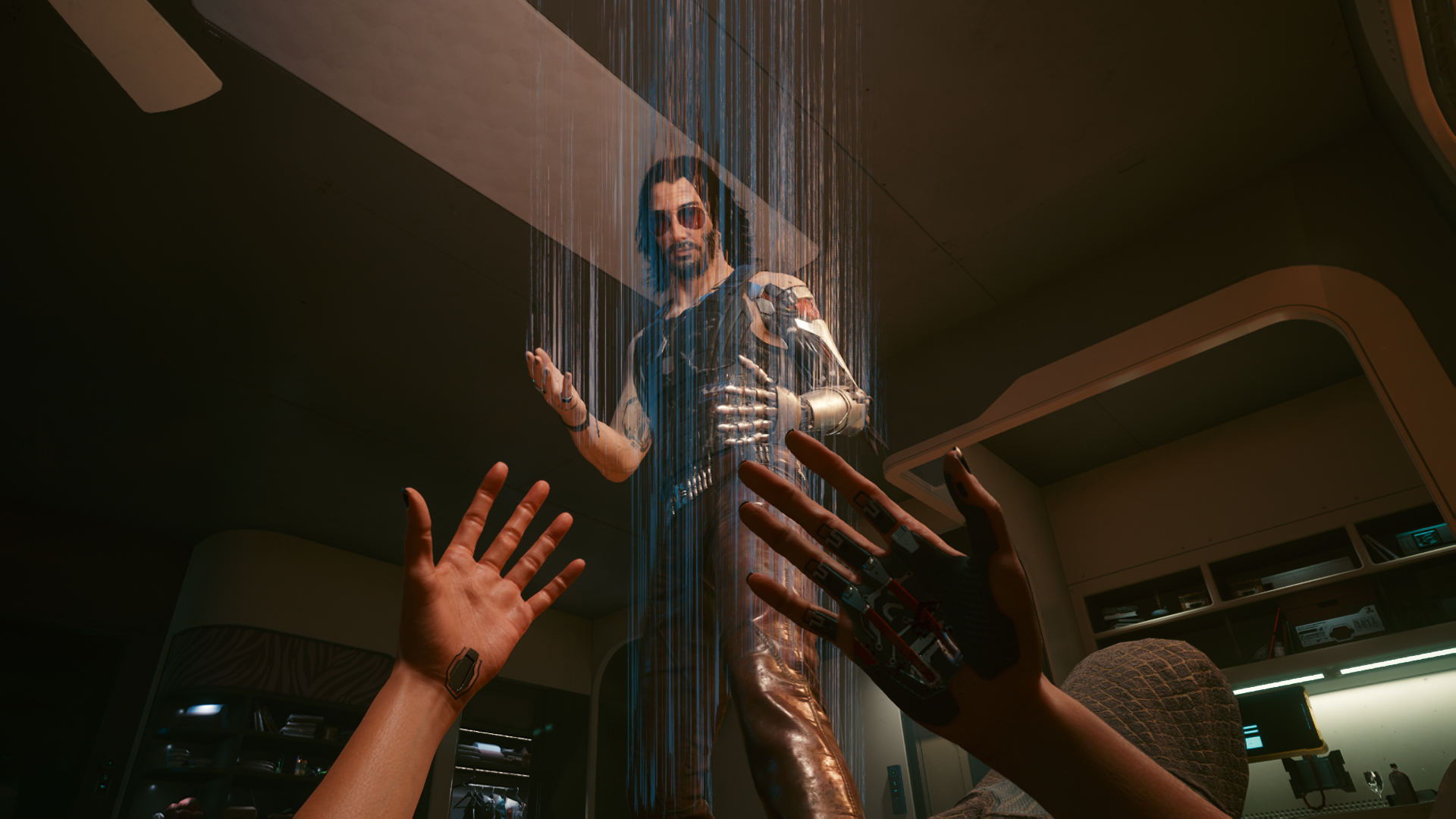
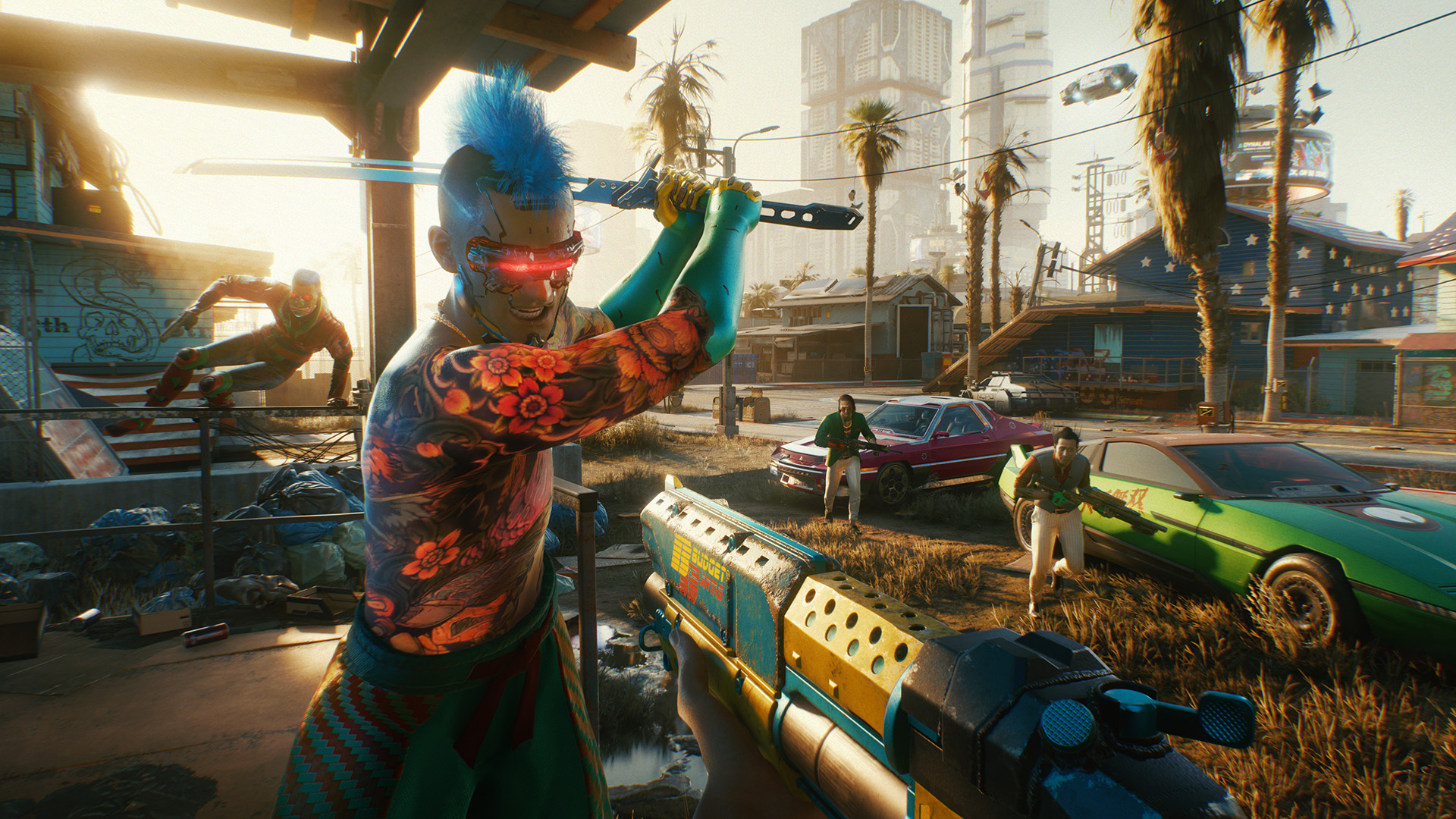
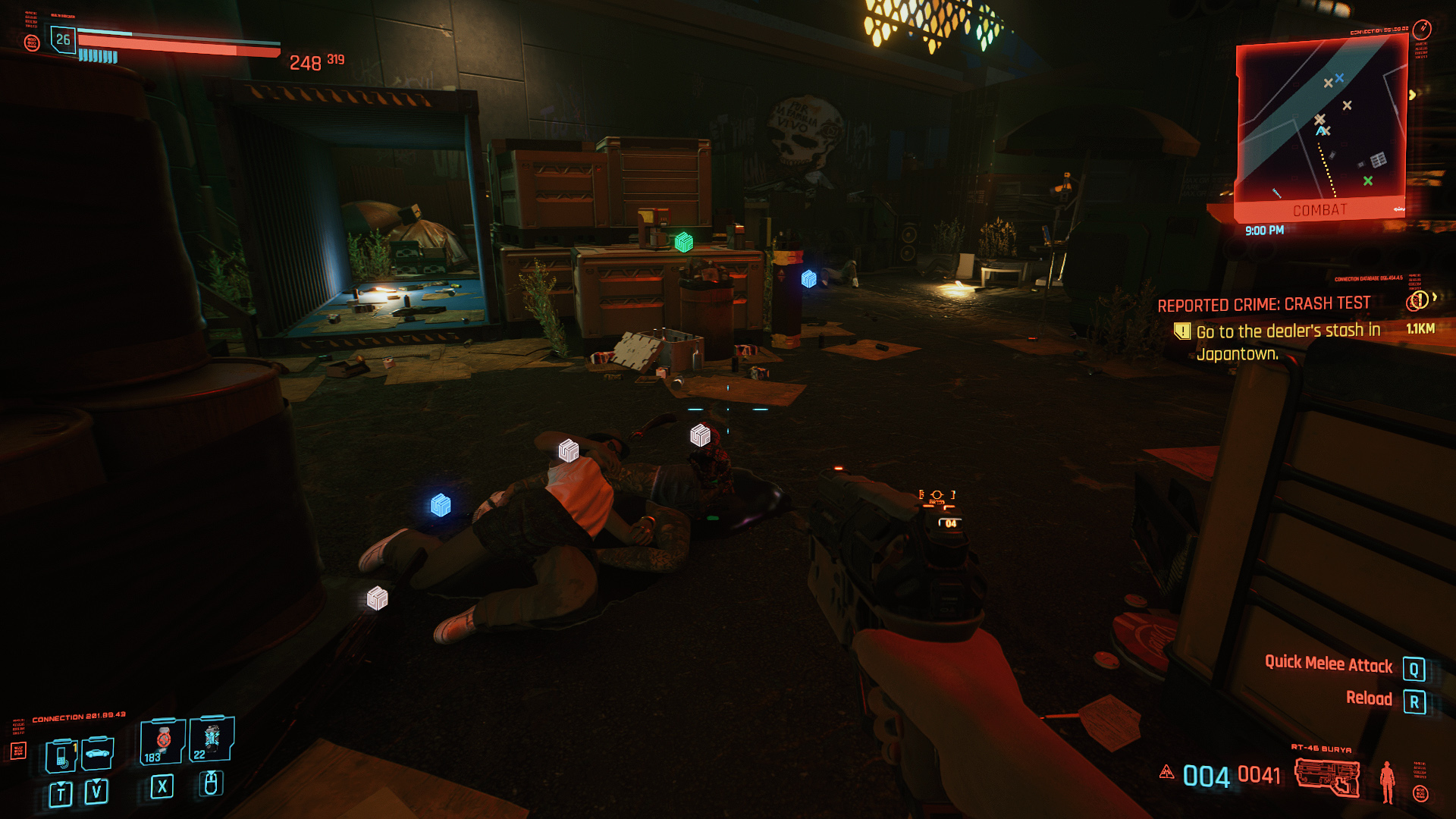
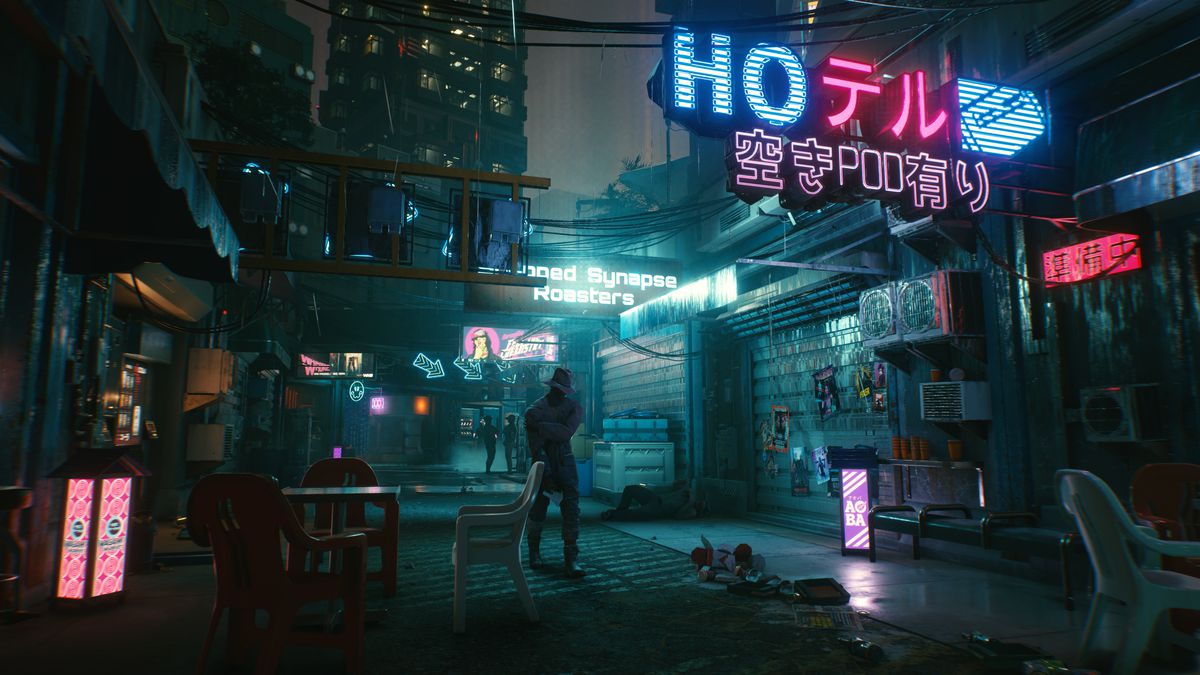
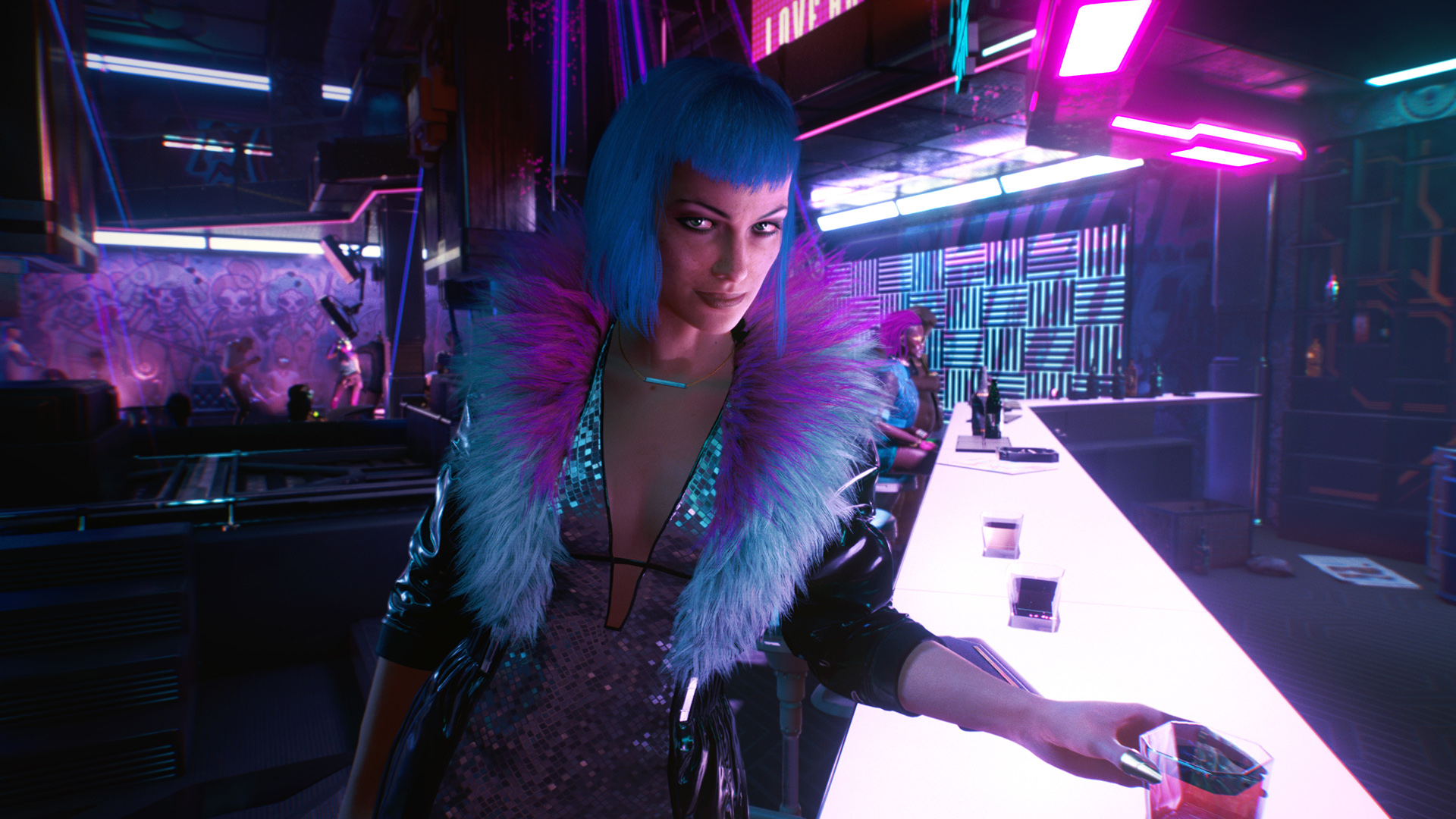
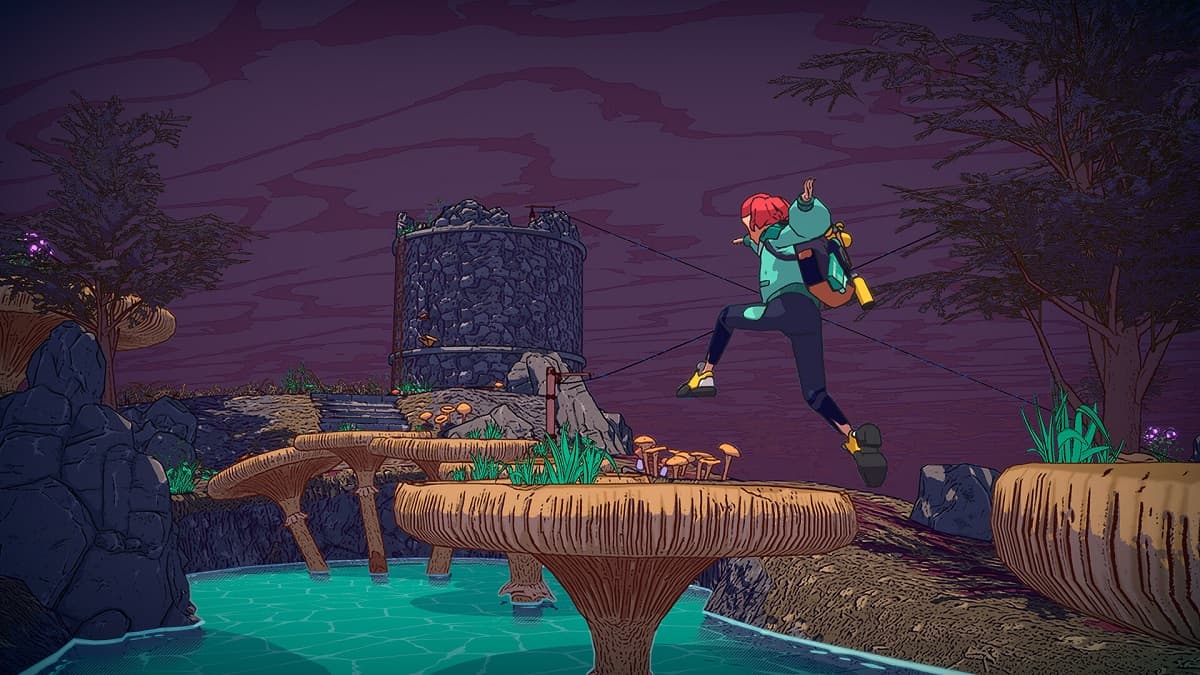
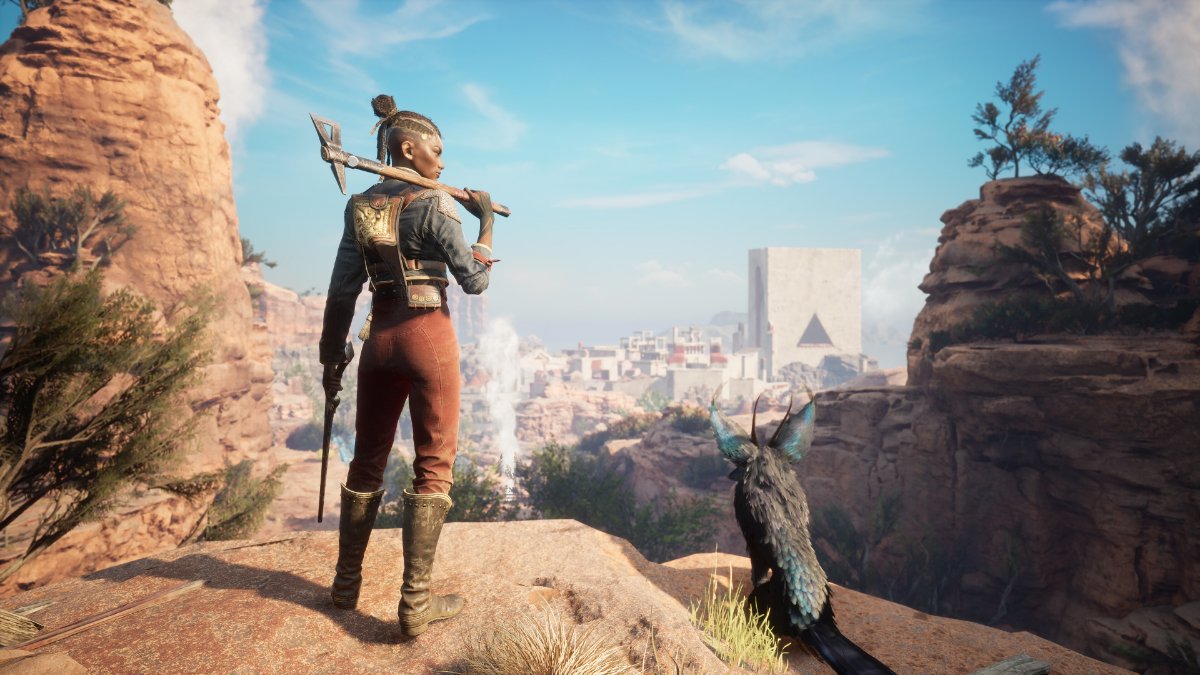

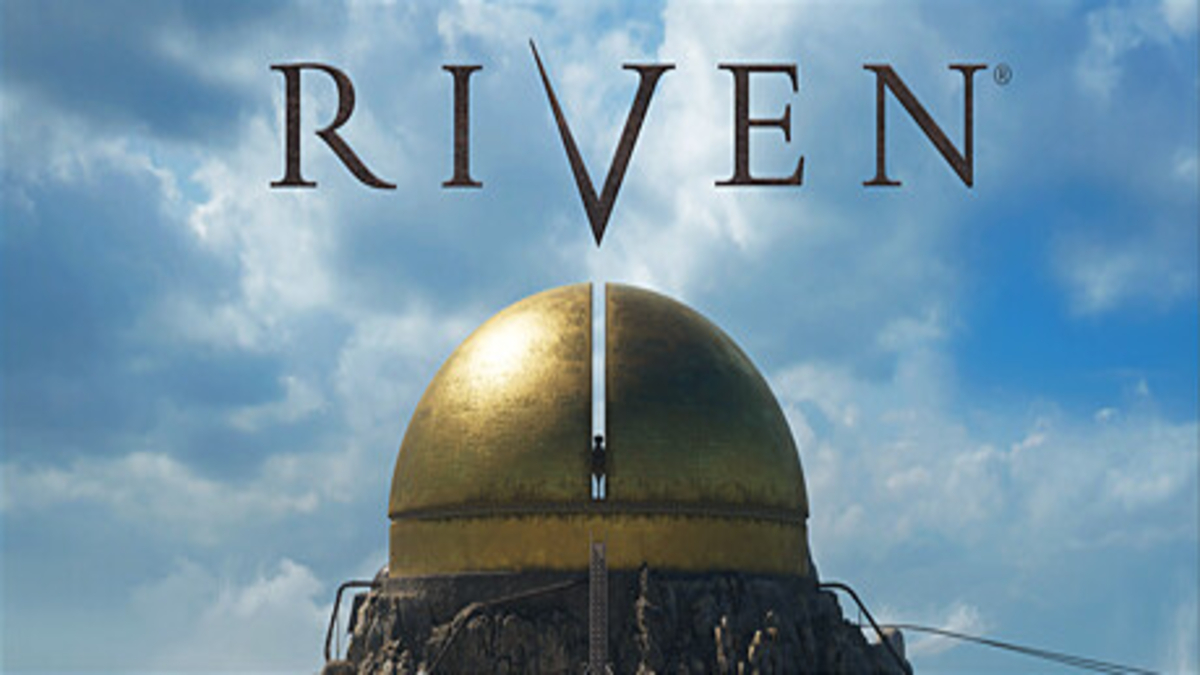
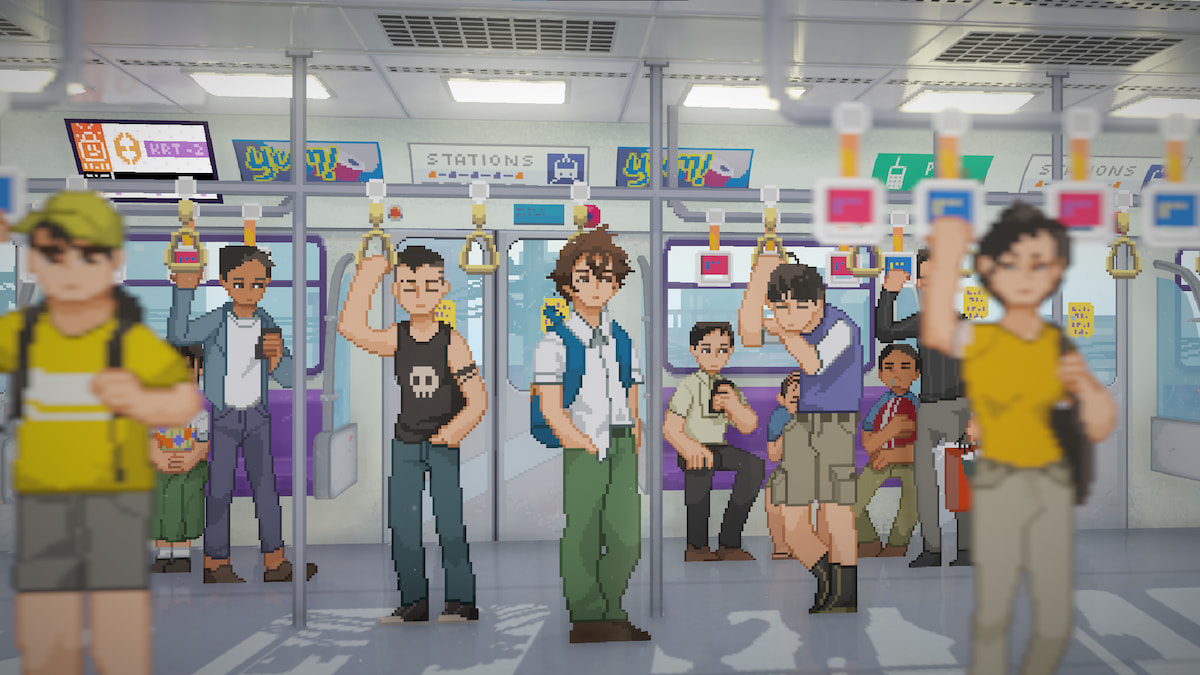
Published: Dec 23, 2020 08:50 pm